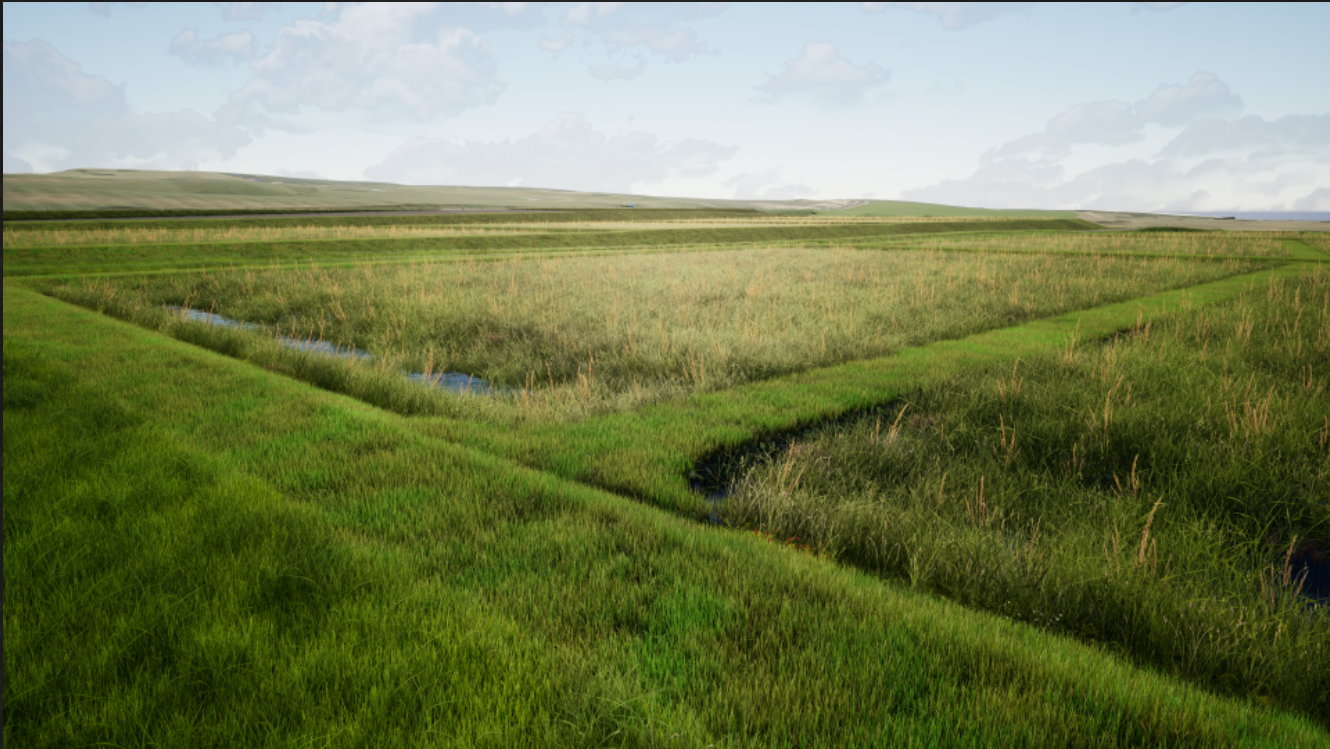Clayton West wastewater treatment works undergoing £18.9m investment

11/6/2024
Yorkshire Water has begun work at its Clayton West wastewater treatment site in West Yorkshire in an investment totalling £18.9m to improve water quality in the river Dearne.
The overall investment is split over two projects, one of which will see the installation of a £14m nature-based wetland solution. Carried out by Mott McDonald Bentley, the wetland will provide a natural, sustainable, and low-carbon way to treat waste and storm water before returning it to the environment.
The second project will reduce the amount of Phosphorous in the wastewater returned to the river Dearne post treatment. Partners Eric Wright Water will deliver the £4.9m scheme.
The integrated constructed wetland will contain 13 interconnected ponds over 4.3 hectares (or seven football pitches) and will provide additional treatment to the final effluent and a proportion of storm overflow discharges – totalling a combined flow of 350 litres per second.
Over 300,000 plants will treat the wastewater as it travels through the wetland, taking in and breaking down pollutants. The wastewater being treated will not include solid waste.
Once complete, the wetland will improve the river quality of 4.1km of the river Dearne downstream of the works. Blending into the natural landscape, it will also improve biodiversity and benefit wildlife in the area.
Ben Gouldsborough, Yorkshire Water project manager for the new wetland, said: “It’s important to us and to our customers that we protect the local environment, and nature-based wetland solutions are a sustainable and low-carbon way to treat wastewater - ultimately improving the water quality in Yorkshire’s rivers.”
The Phosphorous reduction project includes the installation of new chemical dosing equipment, as part of Yorkshire Water’s commitment to the Water Industry National Environment Programme (WINEP).
Phosphorus is a normal part of domestic sewage, entering the sewer system via domestic showers and washing machines due to products such as shampoo and liquid detergent containing Phosphorus. It can also wash off from agricultural fields after the use of fertilisers and be dissolved from soil which can be difficult to control.
Lucie Arger, Yorkshire Water project manager for the Phosphorous reduction scheme, said: “While a small amount of Phosphorus is harmless and an essential part of many ecosystems, it can become damaging to human and animal life when unmanaged. Reducing the amount of it in our treated wastewater is a key element of the wider Clayton West project.”
When complete, the Phosphorous reduction scheme will be improving the water quality of over 3.7km of the watercourse downstream of the treatment works. This contributes to a total of approximately 56 km of river improved across the River Dearne’s wider catchment through other Phosphorous reduction schemes.
Both schemes at Clayton West are expected to be complete in summer 2025.
For the duration of the project a temporary speed restriction will be in place on Wakefield Road, reducing the speed to 40mph.
Recently announced Yorkshire Water projects nearby include a £2m project in Bradley to reduce storm overflow discharges into the Huddersfield Broad Canal and a £4.8m project to reduce storm overflow discharges into Applehaigh Beck and Hessle Beck in Wakefield. Both projects are underway.
